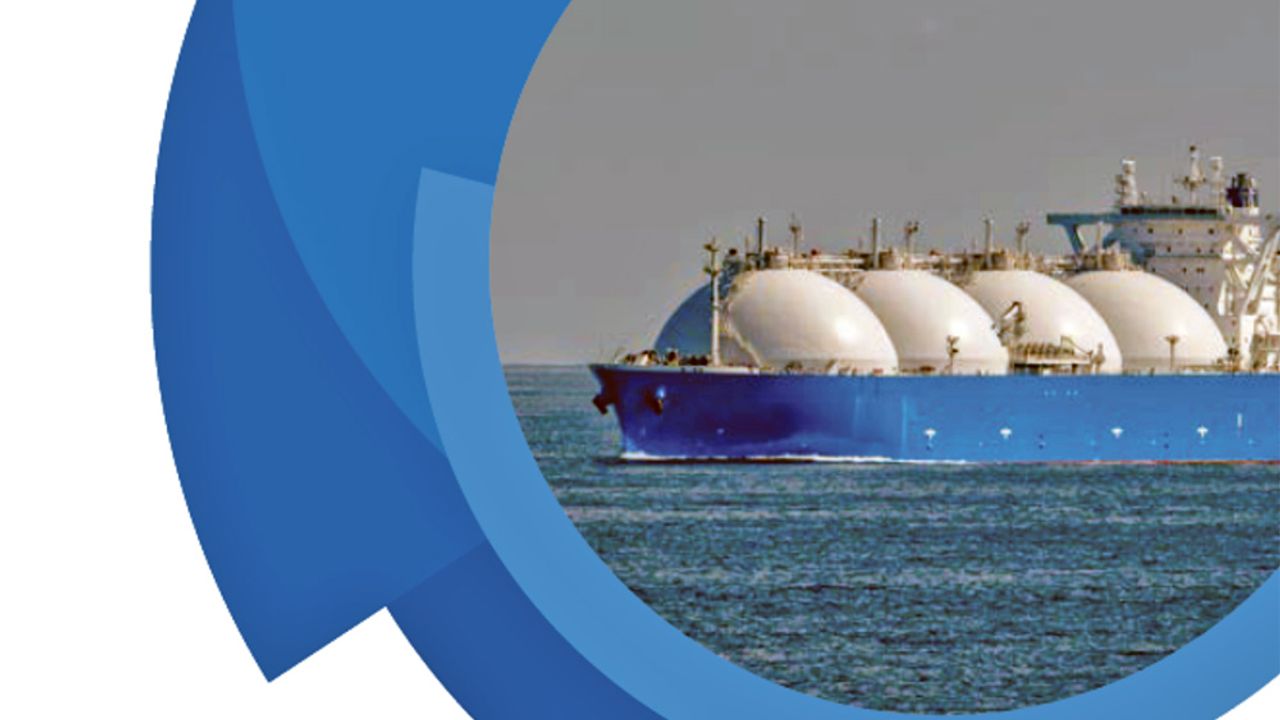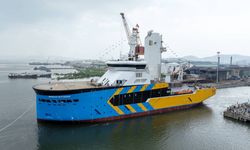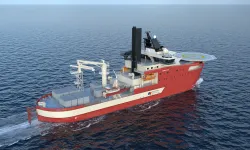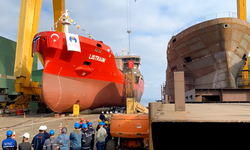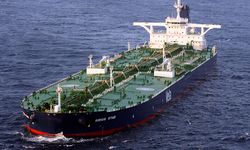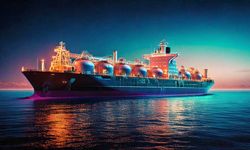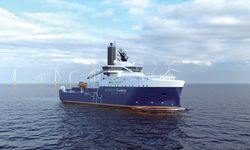This publication aligns with the International Maritime Organization's (IMO) '2023 Greenhouse Gas Strategy,' which targets carbon neutrality in international shipping by 2050. The IMO's strategy aims for a reduction of greenhouse gas emissions by at least 20%, striving for 30%, by 2030, at least 70%, striving for 80%, by 2040, and net-zero emissions by around 2050.
In response to these stringent environmental regulations, the maritime industry is exploring alternative fuels like hydrogen and ammonia, alongside the more widely used LNG. A critical component of this transition is the development of advanced insulation systems to ensure the safe and efficient storage of these cryogenic fuels.
LNG and liquid hydrogen are key examples of cryogenic fuels. Hydrogen, which liquefies at -253°C, demands more sophisticated insulation compared to LNG, which liquefies at -162°C. Liquefied hydrogen's significant volume reduction, by approximately 800 times compared to its gaseous state, necessitates stable storage technology on ships. This capability is crucial for the cost-effective marine transport and utilization of hydrogen, supporting South Korea's Hydrogen Economy Roadmap initiated in 2019.
To advance insulation system technology for cryogenic low- and zero-carbon fuels, KR collaborated with researchers from the Korea Institute of Machinery & Materials (KIMM), Pusan National University (PNU), and the Seoul National University of Science and Technology (SEOULTECH) to produce this report.
The guide details insulation systems for -162°C LNG and -253°C liquefied hydrogen, analyzing environmental factors that influence heat transfer mechanisms and other design elements.
KIM Daeheon, Executive Vice President of KR's R&D Division, stated, "This technical guide is expected to serve as the standard for material selection during the design of insulation systems in cryogenic environments or the development of innovative insulation systems. KR will continue to provide alternative fuel technology services, driving decarbonization of the maritime sector and aligning with evolving maritime technology through various R&D activities.”
This guide aims to support the maritime industry's efforts to meet regulatory requirements and advance towards a sustainable, low-carbon future.
The document can be downloaded on the KR Decarbonization Portal (decarbonization.krs.co.kr/eng/).
